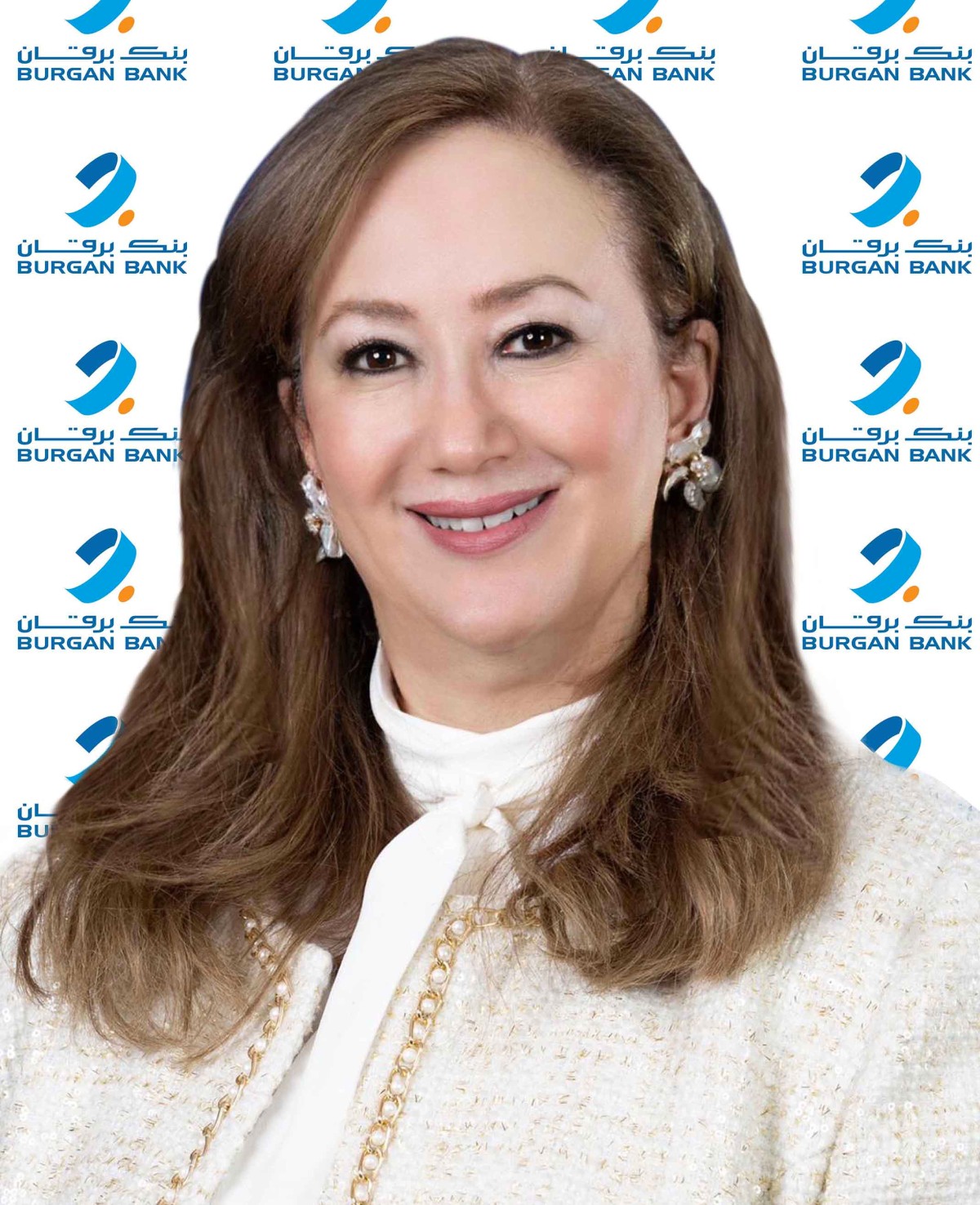17/09/2024
17/09/2024

KUWAIT CITY, Sept 17: In conjunction with the back-to-school season and the growing financial responsibilities that accompany it, Burgan Bank renewed its efforts to raise awareness about safe banking practices and financial literacy as part of its ongoing support for the “Let’s Be Aware” (Diraya) awareness campaign – running for its fourth year under the supervision of the Central Bank of Kuwait (CBK) and the Kuwait Banking Association (KBA), with the support of Kuwaiti banks. The latest awareness campaign shed light on some of the most common phishing attacks and online scams, as well as the security measures that all customers must adopt to guarantee the safety of their personal information, bank accounts, and hard-earned savings.
The Bank’s continued support of the Diraya campaign comes as part of its comprehensive social responsibility program and its commitment to advancing Kuwaiti society and domestic economy.
“The ever-speeding technological advancements that we are witnessing today have undoubtedly added a lot of ease and convenience to our everyday lives; however, they have also brought upon us new means of fraud and theft that we must remain vigilant about to avoid becoming scam victims,” said Mrs. Kholoud AlFeeli, Deputy General Manager – Marketing and Communication at Burgan Bank. “While we spare no effort to deploy the latest cybersecurity technologies and data protection systems, the safety of our customers’ bank accounts can still be compromised if they unknowingly cooperate with a scammer. That’s why we advise all customers, especially if they regularly use their card for making online purchases, to stay alert and always follow the recommended safety precautions.”
Burgan Bank noted that, with the rise and growing access to AI tools, scammers are now more adept at drafting seemingly professional emails and text messages that may be hard to identify as fraudulent. That’s why the Bank warns against clicking any hyperlinks included in emails or text messages from unknown senders. Unverified links can often trick users into downloading malware that jeopardizes the safety of their personal information. Meanwhile, other scams are carried out by replicating popular websites, giving the illusion of safety, and then stealing users’ personal and banking information.
Similarly, the Bank warned against making purchases from unknown websites, especially if the price seems significantly below the market average. In addition to luring victims with phantom products or services at remarkably low prices, deceptive vendors can also deploy unsecured payment portals intended for stealing banking card information.
Burgan reminded its customers that its representatives would never collect or request to update data via phone, text, or email and that customers should never respond to such requests. Another vital safety precaution is abstaining from sharing the one-time password (OTP) with anyone under any circumstances, reminding customers that the OTP is for personal use only.


